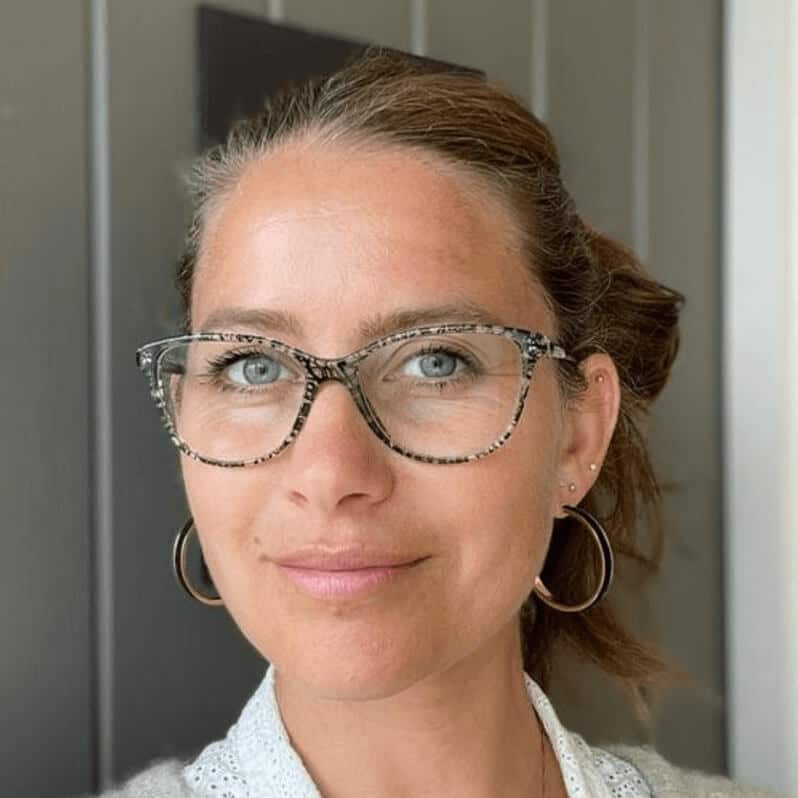
Becoming a therapist was brought on by the influence of those around me. Many people highlighted how they felt enriched by the support I gave them and were hungry for more of the life experience and wisdom I carried.
I trained at Waverley Abbey College yet feel that most of my training has been obtained through various life experiences.
I am a Pluralistic counsellor that does not use one set of techniques but adapts to the client by using a range of theory and techniques that may be helpful for their individual needs.
Whilst I attend to variety of clients with different presenting problems, I work consistently with those that are struggling with day-to-day living in relationships with others and particularly managing themselves.
The thing I most enjoy about being a therapist is witnessing the development of people from a place of dissatisfaction through to living out their desires and longings.
Indeed, if appropriate I use any resources that I believe are helpful in their therapeutic process. This may include books, apps, music, activities, exercise, travel etc.
I manage my own mental health by being honest with myself, others, as well as making sure I have a balance of work, family, friendship, exercise, nutrition and goals in every day I live. It makes for a balanced lifestyle.
In my opinion, therapy is the most underrated tool that people wait far to long for. I wish people knew that it offers the support that you can’t get anywhere else. Overtime, it teaches people how to do life well, as they process relevant experiences that have become a hindrance to living fully. Thus, therapy is an essential part of living day-to-day highlighting how to process ‘life’ effectively.